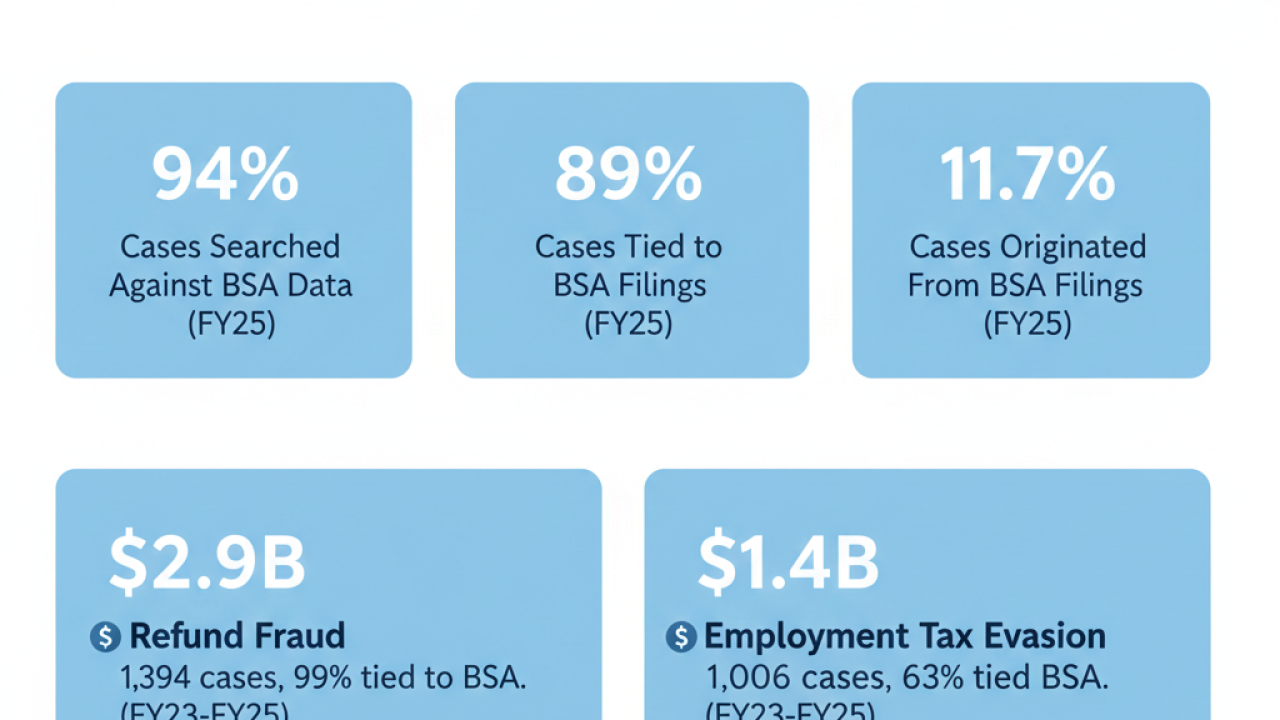More than three-quarters of executives think the average company in their industry will not be in business in 10 years unless they change their current business model.
That's according to PricewaterhouseCoopers' latest
"The urgency among U.S. CEOs about their competitors' viability may spring from the CEO mindset of needing to consistently outperform competitors," the report reads. "CEOs also have a good view of their industry, and they're starting to understand the impact of disruptors like artificial intelligence and cloud on their businesses. They recognize that reinvention is critical if they're to survive."

Despite the alarm, about seven in 10 business leaders agree they have the right talent mix to support their company's future vision, and the capabilities to execute business model changes at scale and at speed. CEOs are even more optimistic, with 96% saying they have the right talent mix, as well as the capabilities to executive model changes at scale (88%) and at speed (86%).
But while 59% of executives say there is strong consensus among their leadership teams around their company's future vision, only 41% say there is strong consensus around how they'll adapt their business model.
"The lack of alignment between CEOs and the board should give leaders pause," the report reads. "Alignment across the full C-suite is important, but the board and CEO have a unique relationship. Together they are directly responsible for developing strategy and overseeing its implementation. CEOs who don't feel they have a strong and strategic relationship with the board — and its full support in making changes — are at a serious disadvantage."
To reinvent their business model, firms must reimagine and transform "the fundamental way a company creates, delivers and captures value," according to the report. "It involved making significant changes to the core elements of your business model, such as target customers, value propositions, revenue streams and strategic relationships."
Executives are already making moves to reinvent. Seventy-five percent of respondents say they are creating new ways to reach customers directly, making their products "smart" (74%), building collaborative networks to share value (72%), creating digital products (72%), expanding into adjacent or new market segments (69%), and developing subscription-based "anything-as-a-service" offerings (66%).
The report also analyzes the biggest risks in the current business environment, the top internal challenges business leaders face and other strategic changes executives are making.




